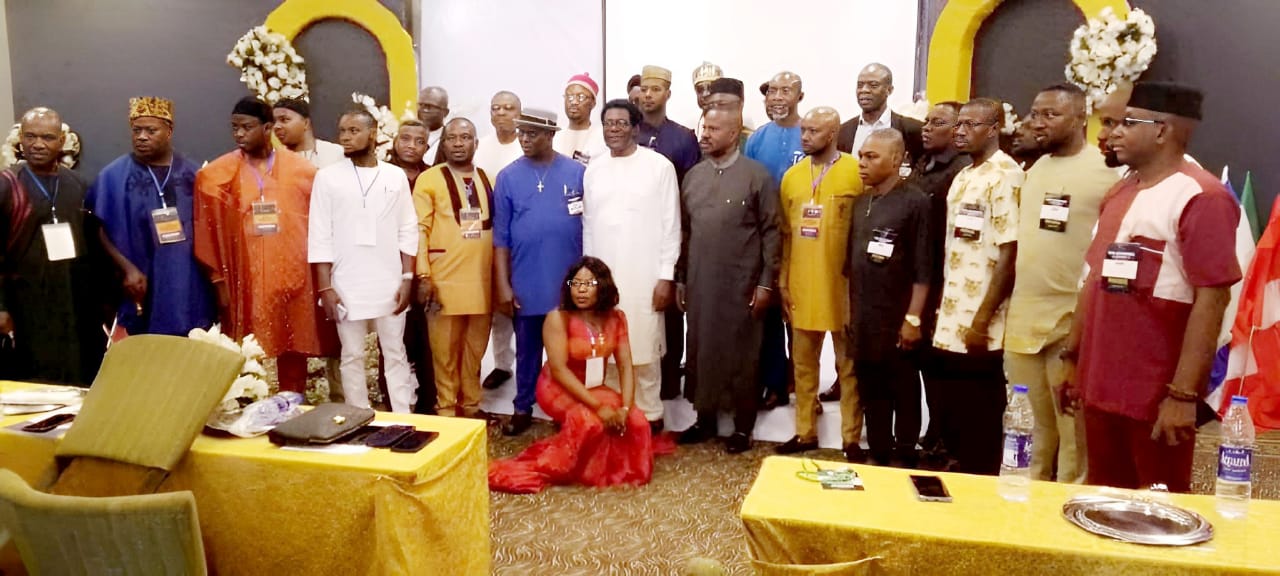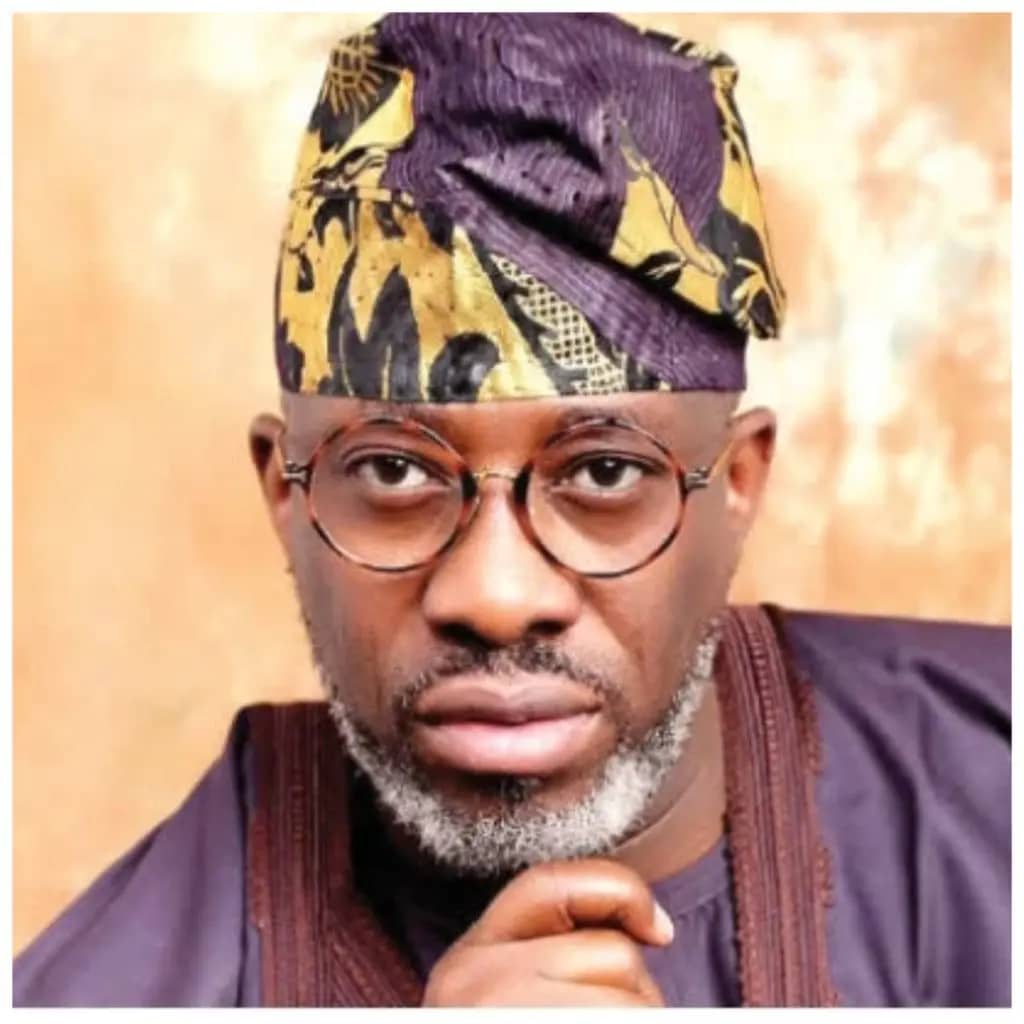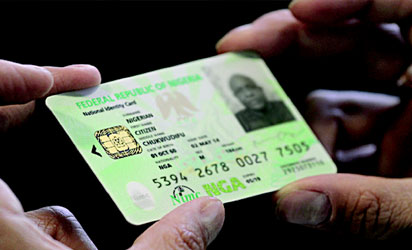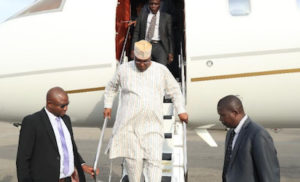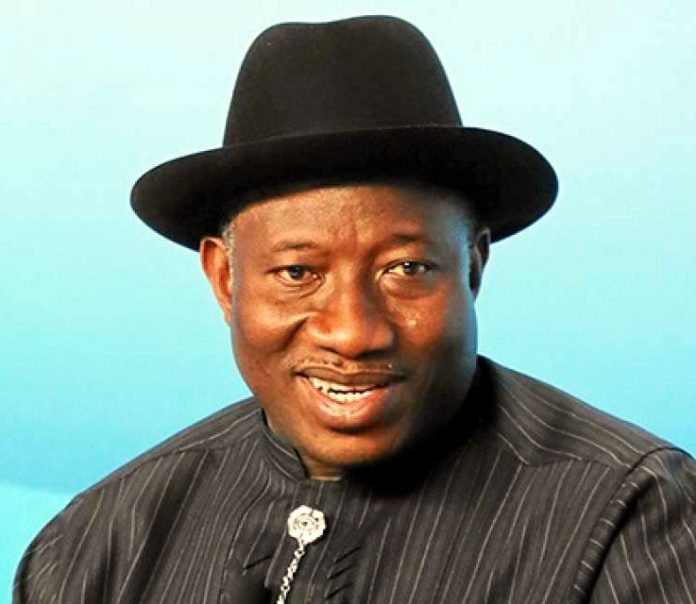Putin’s Reverse Monroe Doctrine

Russian President,Vladimir Putin
In 1823, Secretary of State, John Quincy Adams, wrought an American foreign policy that discourages countries of the Old World (in Europe) from interfering in the internal affairs of Latin American colonies in the New World (of the Americas).
In 1850, the document of the policy of non-interference in American or Western Hemisphere countries by Europe was formally christened the Monroe Doctrine because it was articulated under the James Monroe presidency.
Monroe Doctrine provides: “The United States would not get involved in European affairs; the United States would not interfere with existing European colonies in the Western Hemisphere; no other nation could form a new colony in the Western Hemisphere.”
Presidents of the United States who invoked the doctrine, across political party lines, included Ulysses S. Grant, Theodore Roosevelt, John F. Kennedy and Ronald Reagan.
Sometime in 1962, American President Kennedy requested the Union of Soviet Socialist Republics to remove its nuclear warheads from Cuba which is barely 90 miles away.
Yet earlier in 1939, President Fredrick Delano Roosevelt reversed America’s Isolationist Policy and America got into the second World War, and President Reagan pressured Soviet President, Michail Gorbachev, to dismantle the Soviet Union.
He also sowed the seed of reunification of socialist East Germany with capitalist West Germany, and subsequent pulling down of the Berlin Wall, the symbol of the Cold War between totalitarian and democratic countries.
According to S.E. Morison, in 1783 the United States adopted the policy of isolation, with the intention to keep out of Europe, while the principle to keep Europe out of the Americas was in ferment.
The contentious issue between Russia and Ukraine is that Ukraine will not only join the European Union but also join the North Atlantic Treaty Organisation, swapping the Russian sphere of influence for that of the West.
For Ukraine to have Western military hardware just across the Russian border is a bitter pill for President Vladimir Putin. American missiles, close to targets inside Russia are too close for comfort, the same way President Kennedy couldn’t accept Soviet missiles in Fidel Castro’s Cuba.
It’s bad enough that the Soviet Union was balkanised into a loose commonwealth of independent states. And getting some former Soviet Republics into the EU and NATO is not exactly palatable to Russia.
Many countries, like Albania, Belarus, Bulgaria, Croatia, the Czech Republic, (East) Germany, Estonia, Hungary, Latvia, Lithuania, Montenegro, Romania, Slovakia, Slovenia and even Poland, that were members of the Soviet Union, or of Warsaw Pact nations, under Russia’s sphere of influence, have joined the EU and, or, NATO.
Russia doesn’t want Ukraine, under its nose, cavorting with American-powered NATO. Here’s a question for President Biden: Would America have welcomed Canada and Mexico in a military alliance with Russia and China?
Though the EU is dependent on energy from Russia, exemplified by Nord Stream 2 (the more than 1200-kilometre underwater pipeline that transports Russian gas to provide 38 per cent of the gas need of Germany), Putin is not too comfortable with Ukraine in the warm embrace of potential enemy NATO.
Imagine the Benin Republic, on the South-West border of Nigeria, in a strategic military alliance with Islamic State of West Africa Province. Or Boko Haram insurgents in the North-East being hosted by Niger Republic, Chad and Cameroon that have borders with Nigeria.
The minimum acceptable to President Putin is for Ukraine to be neutral and not join NATO (like the kingdoms of Finland and Sweden), if it will not come under Russian sphere of influence. And that is reasonable.
Two American statesmen have spoken in favour of President Putin’s reverse Monroe Doctrine: Former Secretary of State Henry Kissinger, who thinks America’s permanent interests are more important than friendship enmity, says:
“The West must understand that, to Russia, Ukraine can never be just a foreign country. Russian history began in what was called Kievan-Rus. The Russian religion spread from there. Ukraine has been part of Russia for centuries, and their histories were intertwined before then.” It is going to be tough for Russia to hands-off Ukraine with which it shares a long history.
Former American presidential aspirant, Senator Bernie Sanders, pricks the conscience of America by reminding President Biden: “It is hypocritical for the United States to insist that we, as a nation, do not accept the principle of spheres of influence.
“For the last two hundred years our country has operated under the Monroe Doctrine, embracing the principle that, as a dominant power in the Western Hemisphere, the United States has the right to intervene against any country that might threaten our interest.
“And under this doctrine, the United States has undermined and overthrown at least a dozen countries throughout Latin America, Central America and the Caribbean.
But every country, including Ukraine, has a right to choose its friends and its enemies. The principle of non-interference in the affairs of other nations, in the Treaty of Westphalia, brought the European settlements of 1648 and ended the Eighty Years War between Spain and the Dutch and the German phase of the Thirty Years’ War.
International relations scholar, Hans J. Morgenthau, says, “Scholars of international relations credit the treaties with providing the foundation of the modern state system and articulating the concept of territorial sovereignty,” which can also be used to argue that Russia cannot interfere in the domestic affairs of Ukraine– theoretically.
According to Chinese international relations scholar, Zhang Naigen, “The principle of non-interference is that sovereign states shall not intervene in each other’s internal affairs.
“It… is based on the respect for states’ sovereignty and territorial integration, which governs the relations between states in regard to their rights and obligations.
“It has been established as the general principle of international law or customary law in compliance with the purposes and principles of the United Nations Charter.”
Therefore, Ukraine should be allowed to join NATO if it is in the best interest of its peoples and Russia should have no say in whomsoever Ukraine chooses to do economic or military businesses with.
After all, it may be argued, Russia had neither qualms nor reservations when it decided to sink the Nord Stream 2 underwater gas pipelines to transport its gas to Germany, the second biggest economy in the EU and NATO.
Though Russia Putin may have reservations about Ukraine joining NATO, it shouldn’t have invaded Ukraine. The invasion has prompted prominent civilian Ukrainians, like Wladimir Klitschko, who won the world’s heavyweight title twice, to pick up arms to defend Ukraine.
President Putin used the excuse of protecting Ukraine’s breakaway territories of Donetsk and Luhansk to invade Ukraine. These two territories, known as Donbas, which means Donets coal basin, are ethnic Russians. America did not invade Cuba in 1962 in order to protest Soviet missiles in Cuba. It only raised firm objections.
The situation is a bit tricky and the United Nations must find an acceptable solution to assuage both Russia and Ukraine. The fears of both are real and must be addressed. Suppose China joins its military forces with that of Russia, its neighbour and supplier of its gas needs, since 2019? Only the heavens know the outcome.
As Nigeria counsels Russia to pull back its troops from Ukraine, and Russia lands nuclear bombers in Venezuela in South America, UN must tell America, “Do as you would be done by.”



